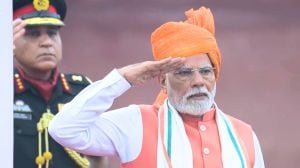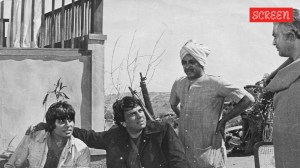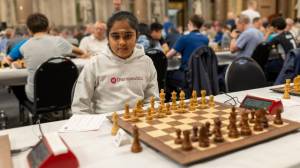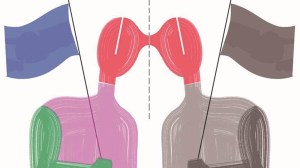Delhi HC refuses to refer to medical board man’s request to undergo passive euthanasia
The petitioner, a 30-year-old man, had suffered head injuries after falling from the fourth floor of his paying guest house in 2013. He has been in a vegetative state since
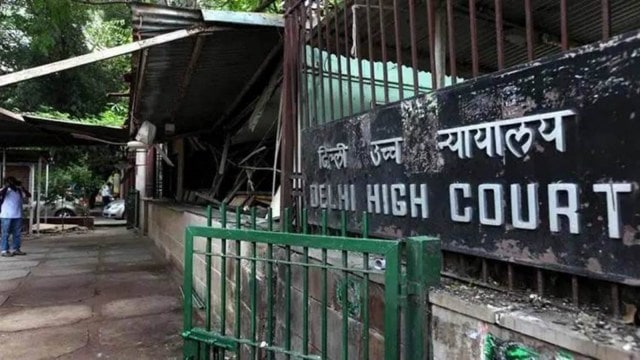 The HC said the petitioner is 'thus living' and no one, including a physician, is permitted to cause the death of another person by administering any lethal drug. (File photo)
The HC said the petitioner is 'thus living' and no one, including a physician, is permitted to cause the death of another person by administering any lethal drug. (File photo)The Delhi High Court recently refused to order the constitution of a medical board to consider if a 30-year-old man, who has been in a vegetative state since 2013 after suffering head injuries from a fall, can undergo passive euthanasia.
In its July 2 order, a single-judge bench of Justice Subramonium Prasad referred to a Supreme Court decision from 2018 and observed that facts indicated that the petitioner, Harish Rana, was not being kept alive “mechanically” and could sustain himself without any extra external aid. It said that the petitioner was not on any life-support system.
The HC said the petitioner is “thus living” and no one, including a physician, is permitted to cause the death of another person by administering any lethal drug, “even if the objective is to relieve the patient from pain and suffering”.
Passive euthanasia refers to intentionally letting a patient die by withholding artificial life support such as a ventilator or feeding tube.
In its 2018 decision in Common Cause v. Union of India, the Supreme Court had said, “Thus, the law of the land as existing today is that no one is permitted to cause the death of another person, including a physician, by administering any lethal drug even if the objective is to relieve the patient from pain and suffering… We are thus of the opinion that the right not to take a life-saving treatment by a person, who is competent to make an informed decision, is not covered by the concept of euthanasia as it is commonly understood but a decision to withdraw life-saving treatment by a patient who is competent to take decision as well as with regard to a patient who is not competent to take decision can be termed as passive euthanasia, which is lawful and legally permissible in this country.”
The HC observed that the Supreme Court had held that “active euthanasia is legally impermissible”. “While the Court sympathises with the parents, as the petitioner is not terminally ill, this Court cannot intervene and allow consideration of a prayer that is legally untenable,” the bench said while dismissing the plea.
The petitioner, who was a student at Punjab University, had suffered head injuries after falling from the fourth floor of his paying guest house. The plea stated that his family had done their best to treat him. However, he had been confined to his bed since 2013 due to “diffuse axonal injury with permanent vegetative state, quadriplegia with 100% disability”.
Diffuse axonal injury is a type of traumatic brain injury.
The plea stated that the petitioner’s family had consulted various doctors and were informed that there was no scope for recovery from the present situation.
It was stated that the petitioner has not responded for the last 11 years, and has developed deep and large bed sores which have caused further infection.
It was stated that his family has lost all hope for his recovery and is not in a position to take care of him as they are getting old. In this situation, the petitioner approached the HC for a direction to refer him to a Medical Board to consider whether he could be allowed to undergo passive euthanasia. (reporter: Malavika Prasad



